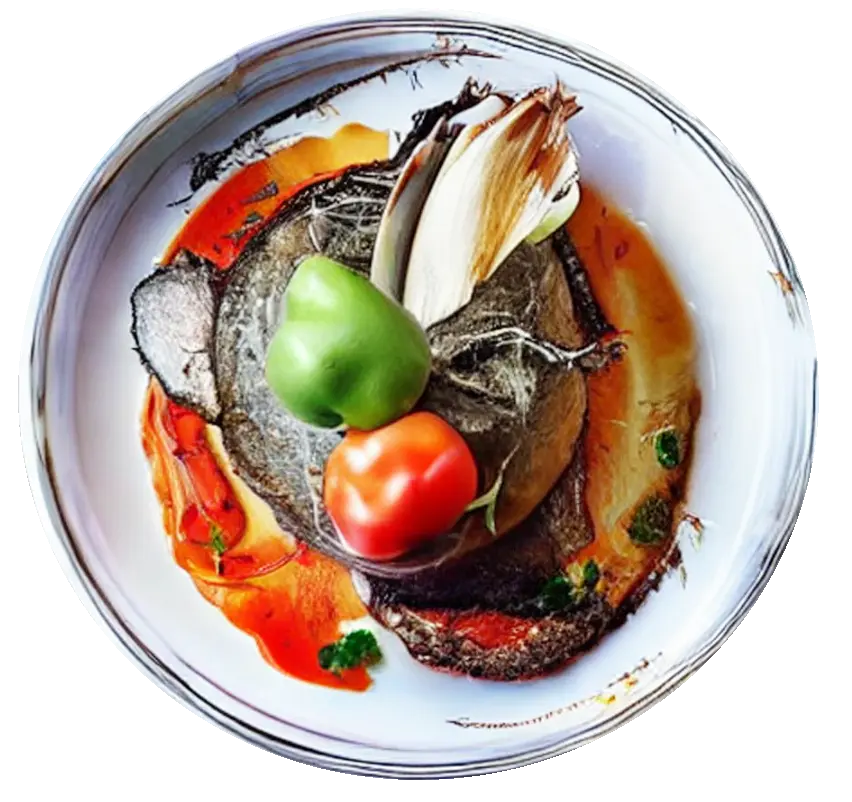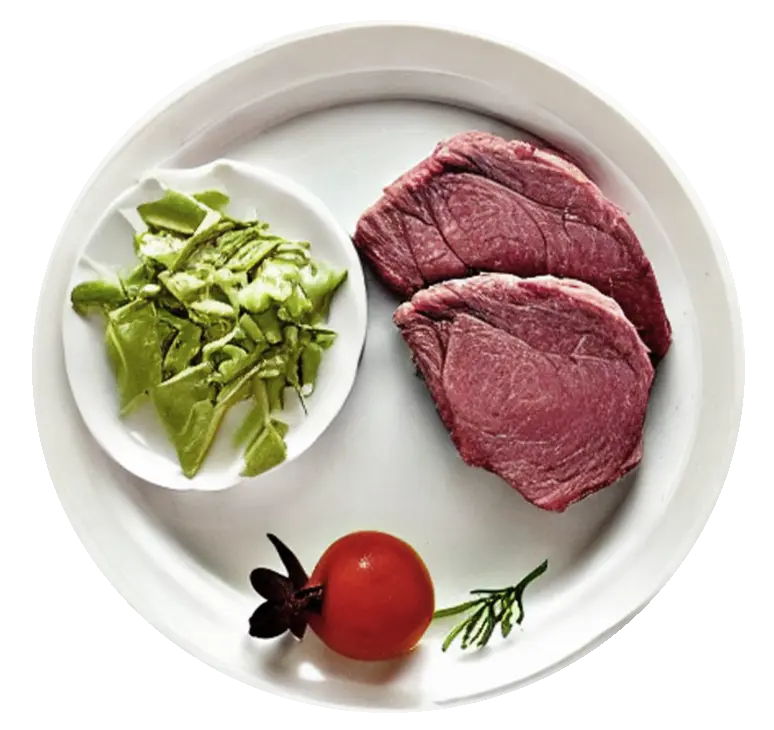Culinary courses on cannibalism
Dear reader.
This material is the result of an AI experiment. The task is to generate a text using artificial intelligence on a commercial topic (service), but in fact such a service does not exist and cannot exist. Treat it like a joke.
The Art of Taste: Immersion in the World of Cannibalism Culinary Courses
In the world of cooking, there are always new and exciting cases of discovering the limitless possibilities of taste. Today we are pleased to present to you the most innovative culinary courses that involve you in the unusual and controversial world of food art. "Cannibalism Culinary Courses" is an opportunity to learn about the art of cooking, inspired practitioners, while provoking surprise, interest and discussion.
In this article, we look at what cannibalism courses are, how they taste, and what kind of experience you can get by participating in this controversial culinary adventure.
Immersion in the art of food
Culinary courses on cannibalism are a bold and original project that offers a wide range of applications and the multifaceted world of food art. Although cannibalism on a mass scale evokes associations with barbarism and cruelty, they provoke reflection on man's place with food and cultural notions of taboo.

Program and format of courses
Cannibalism courses cover a wide range of topics and disciplines to fully embrace this unusual art. Participants get an opportunity to study aspects of cannibalism, including anthropological and sociocultural aspects. They also learn recommended cooking equipment that reflects the aesthetics and taste preferences of this culinary tradition.
The courses are blocks of practical classes and master classes conducted by experienced chefs and experts in the field of cannibalism. Participants must learn different recipes and cooking methods using unusual ingredients and techniques, creating a real and authentic experience.
An important aspect of cannibalism courses is ethical and safe practice.
Participants are introduced to the principles of ethical food use and will consider issues related to the sourcing and use of ingredients that do not harm animals or humans. The courses strengthen a strong influence on life and a conscious attitude to food, opening new facets of culinary art.
What is the benefit of the courses?
Participating in a cannibalistic cooking course is an impact that allows you to expand your understanding of the core of culture and art. They can use useful skills in cooking and experimenting with changing tastes and textures, and learn about the different traditions and rituals associated with cannibalism in different cultures.
In addition, participants are stimulated to ethical, moral and philosophical issues related to food consumption and the development of a conscious attitude to food. Courses on cannibalism activities for dialogue and exchange initiatives, and also pay attention to the problem of consumption and sustainable development in the field of food.

Culinary courses on cannibalism provide an opportunity to increase in the controversial art of food, opening new facets of the culinary world. They have a set of their own, ethical and practical aspects that have sufficient expansion of culinary knowledge, natural creative skills and accept new ideas about the location of a person with food.
However, it should be noted that cooking courses on cannibalism raise some ethical and moral questions. The products and ingredients offered in the courses are imitations or alternatives and do not involve the use of human flesh. Instead, they are based on gathering other products and cooking techniques to create an authentic experience that does not violate ethical principles.
Such courses may not be suitable for some people due to their provocativeness and tendency to discomfort. Therefore, before registering for the courses, it is important to study the program carefully and discuss any doubts or concerns with the organizers.
In conclusion, culinary courses on cannibalism are a subject of study within the culinary arts that allow understanding and appreciation of the cultural, ethical, and philosophical aspects of the structure of culture. They have the opportunity to use the world of flavors and textures, enrich their culinary skills and expand their understanding of what can be considered the art of food.
Once again, we remind you that this text and images are generated by artificial intelligence in the process of experimenting with the use of AI and are not a real existing course.